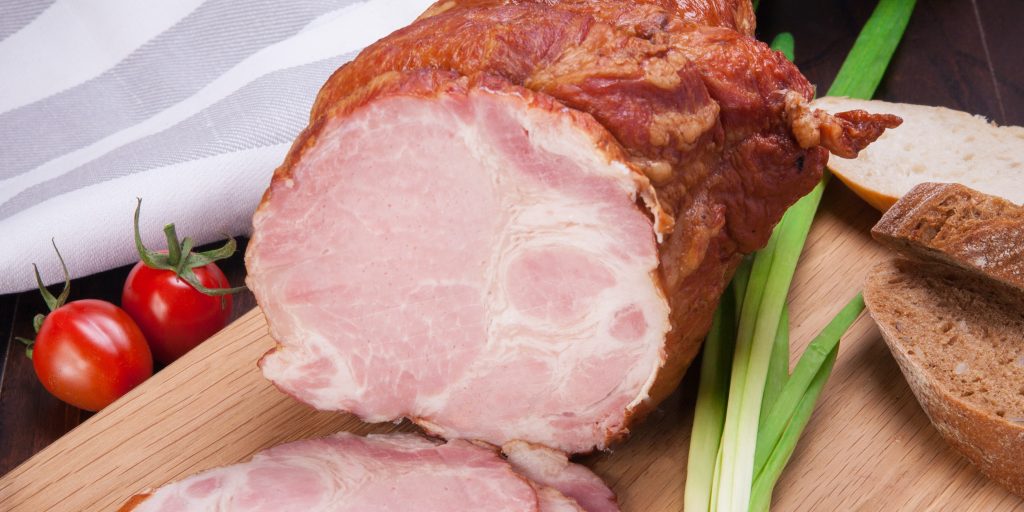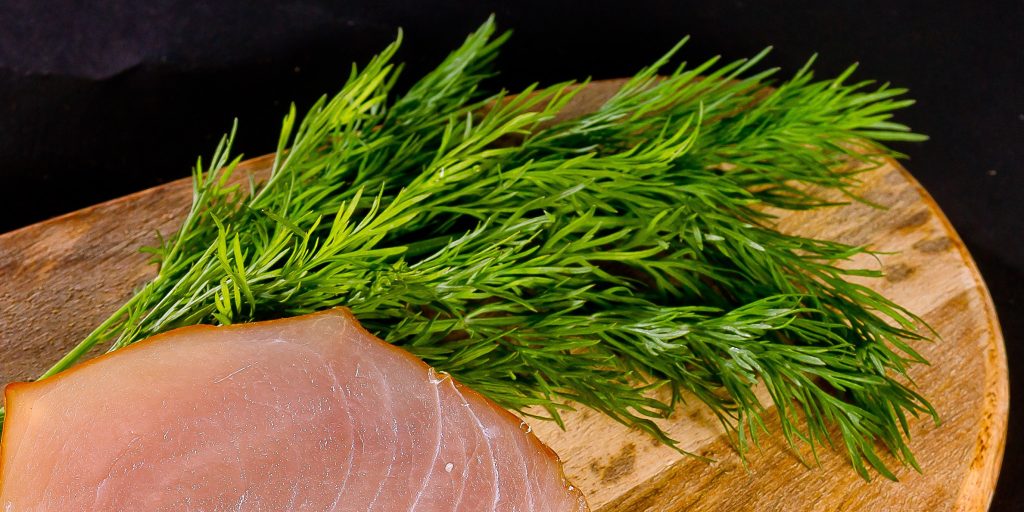
Why eat local foods?
There are many reasons that more and more people are seeking out and enjoying local foods found in their foodshed. Eating local can have big benefits, whether for your health, the environment and even your finances.
In 2019, the Locavore Index, by Strolling by the Heifers, has Maryland ranked right in the middle for eating local foods, at number 25. I think Maryland can do better!
Local foods are better for your health
Since foods are grown close to your home, they don’t have to be transported long distances. That means they can be picked ripe, rather than underripe, and be on your table quicker. Some produce loses nutrients the longer it it takes you to enjoy it. And ripe produce often has more nutrients than foods picked underripe.
Your local farmer doesn’t have to grow varieties that transport well, so you can enjoy new and better tasting foods. Eating local can be tastier, so you are more likely to eat those nutritious local foods. In addition, smaller farms can grow what their consumers want. Becoming organically certified, however, can be difficult and time consuming. Yet when speaking with your farmer, you may learn that they already grow in a manner that exceeds organic standards, whether or not they are certified organic.
Local foods are better for the environment
An average piece of produce travels 1500 miles to get to you. Much of the foods are lost in spoilage or damage along the way. Michael Pollan states that a prewashed bag of lettuce can take as many as 56 calories of energy for every 1 calorie of food energy to reach a consumer. When your food doesn’t have to travel as far, less of it is wasted. It’s fresher, and it lasts longer. But food miles are just a small part of the potential environmental benefits of eating local food.
Eating local also allows you to reduce your packaging, thus sending less plastic to the landfill. You can eat seasonally, which means your food is grown in optimal conditions. You can also look for the most sustainable farms near you, potentially finding foods that erase the environmental impacts of growing them.
As stated above, your local farmer can grow different varieties to appeal to his local customer, which increases the gene pool of our food. Small farms can manage the soil better than industrialized farms can. Small animal farms are better for the animals compared to CAFOs. Finally, supporting small farms that work to lower their chemical and sediment runoffs is helping the Chesapeake Bay to improve.
Local foods taste better
They are riper and fresher, which makes a huge difference in taste. Often you have more choices in what kind of a product you are buying. You don’t find generic tomatoes, you find variety, in color, size, shape, taste. Smaller farms grow a variety of organic and heirloom foods. You also get to enjoy foods in season, and when the season starts then you appreciate the taste more because you haven’t been eating that particular food in a while.
Local foods are better for your community
They create more jobs, and keep money in your community, helping your friends and neighbors. They offer more food sustainability, and you are less reliant on buying foods from further distances that could be affected by fluctuating prices or problems with transport. A nearby farm stays a nearby farm, allowing others to enjoy its beauty. Farmers markets and local foods increase community, with more face to face interactions. Other small, non food businesses can profit at markets as well.
Local foods are safer
The less steps needed between your food and you means the less chance of contamination happening. When large amounts of industrialized food are stored and shipped together, one source of contamination can affect all the food. Less transport means less chances for something to go wrong. Plus, if your food is coming from another country, are their standards up to yours?
Local foods can be better for your wallet
It is possible that you can eat local foods on a budget. Meat, for example, can be bought economically if you buy in bulk. You can bargain with your farmer as well about buying more of something for less, then freeze or otherwise preserve it for when it isn’t in season. You may find farmers selling ugly produce for cheaper. And even if the freshest food is found to be more expensive than the conventional found at the grocery, what price do you put on your health?





